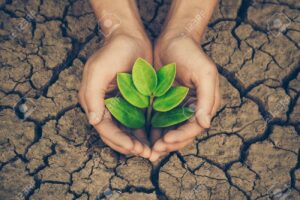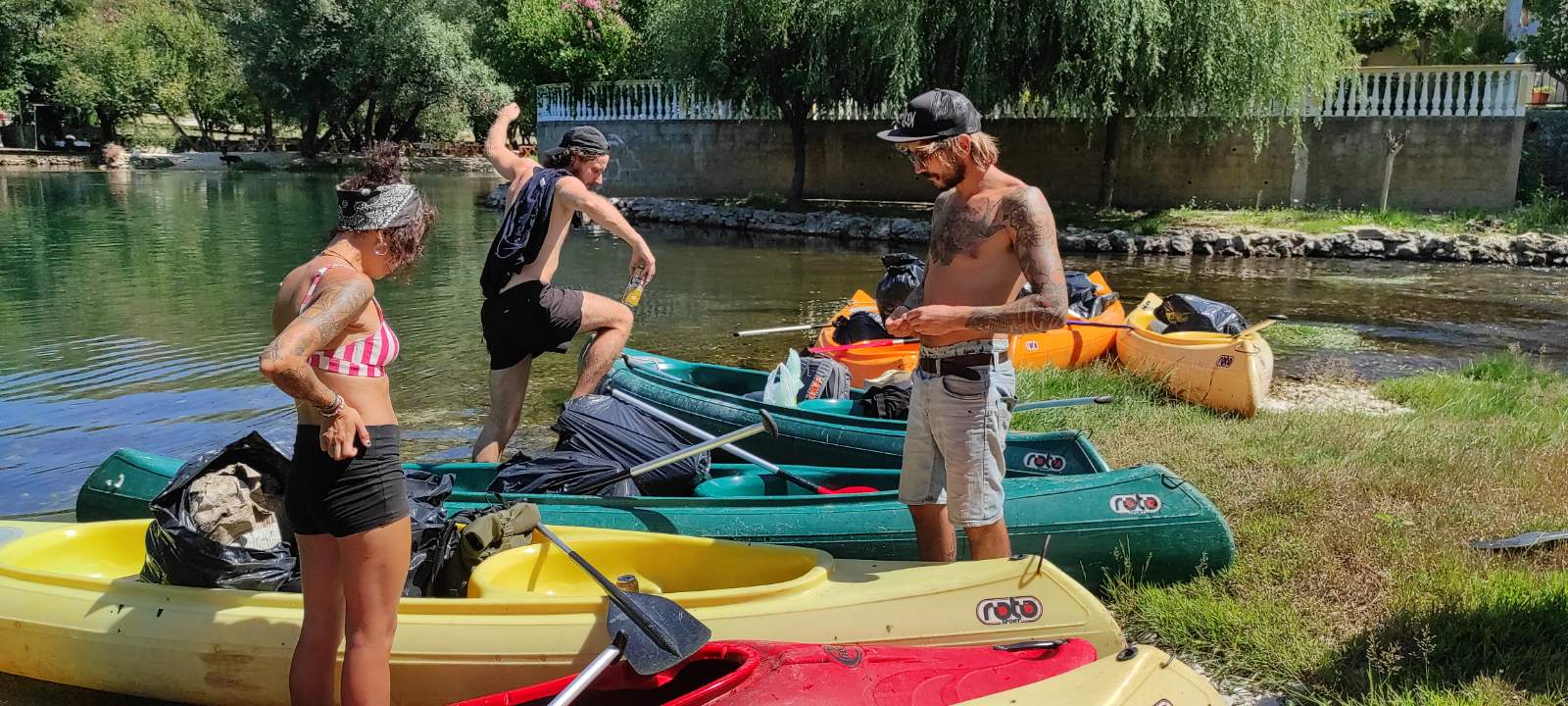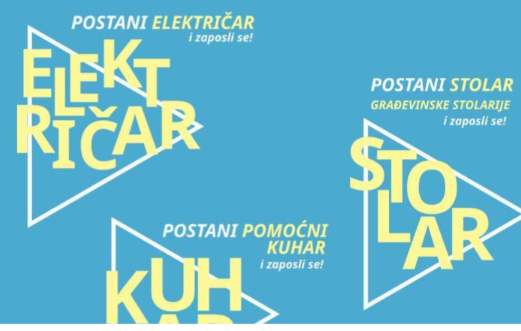How Can We All Help Conserve Nature?
When we speak about conserving nature, we are really talking about taking care of our future, because nature provides essential resources for our survival and enjoyment. We asked an international group of scientists working on different environmental issues worldwide to identify important practical actions that we can all do to help conserve nature. We obtained nearly 100 responses and grouped them into three main categories: (1) Actions to reduce our ecological footprint; (2) Actions to conserve nature; and (3) Actions that help us connect with nature. We briefly explain actions that can be performed daily to reduce our impact on nature, and provide some useful links for further reading.
Reducing our ecological footprint means placing less demand on nature (read here about the 3Rs—reduce, reuse and recycle; and get some ideas here on how you can help nature). Here are some ways that you can do this:
Recycle your rubbish and participate in or help organize recycling campaigns.
Avoid littering and participate in or help organize litter clean-ups (here you can link to a website for volunteering or starting your own beach clean-up).
Use less plastic by, for example, carrying a reusable water bottle, saying no to disposable straws and cutlery, avoiding plastic toys, and bringing your own shopping bags (for further ideas on a plastic-free life take a look here).
Swap toys, movies, and books instead of buying new ones.Donate, recycle, and repair electronic devices (see how here).Use less water when brushing teeth, taking a shower, or washing the dishes.
Use less electricity by turning off lights and electronic devices when not in use, using energy-saving light bulbs, and hanging clothes to dry.
Use public transport, share a journey with friends (e.g., car-sharing), cycle, or walk when possible.
Use less paper by not printing unnecessary things and reading e-books.
Turn down the air conditioning when it is hot and use fans if you are still hot-they use much less power.
Turn down the heat when it is cold and use sweaters, blankets, and socks to keep warm.
Do not waste food and try to buy food that is grown locally and in season.
Eat more non-meat proteins (like beans), less dairy, more vegetables, and more organic food when possible.
Buy products that do not cause damage to the environment and that have certified labels (such as Rainforest Alliance and Animal Welfare).
Refuse to buy what you do not need, because every item you do not buy reduces the demand for the production of that item. For example, if everyone stopped buying plastic bags, super markets would stop selling them.
Conserve nature: Conserving nature means to protect, preserve and restore biodiversity. Here are some ways that you can do this:
Try to prevent your pets from killing/harming wildlife (for some specific advice to help your local birds, see this).
Do not touch or take home wild animals or plants (see some advice here).
Plant native wildflowers, fruit trees, and pollinator-friendly plants in your garden or yard (for some related gardening tips, check out this).
Make compost to improve soil quality and to help insects (check out a guide to composting here).
Build and place bat houses, bird houses, and “bee hotels” in your garden, school grounds, and local green spaces (here you can learn how make and manage a Bee hotel).
Do not buy/keep wild pets at home (such as parrots, song birds, wild cats, or reptiles), in order to avoid supporting illegal trafficking of animals (here you can find more info about illegal wildlife trade). Be aware of wild animals crossing the road and respect their paths (here is some further information about the importance of wildlife crossings).



